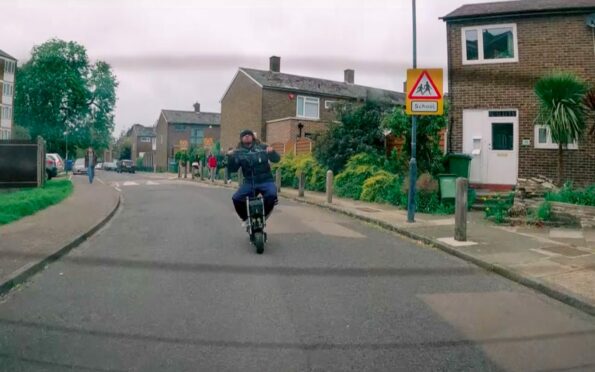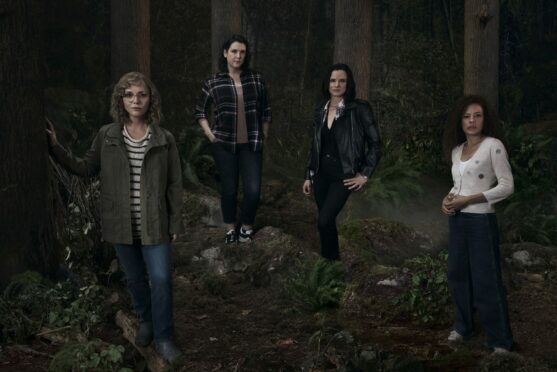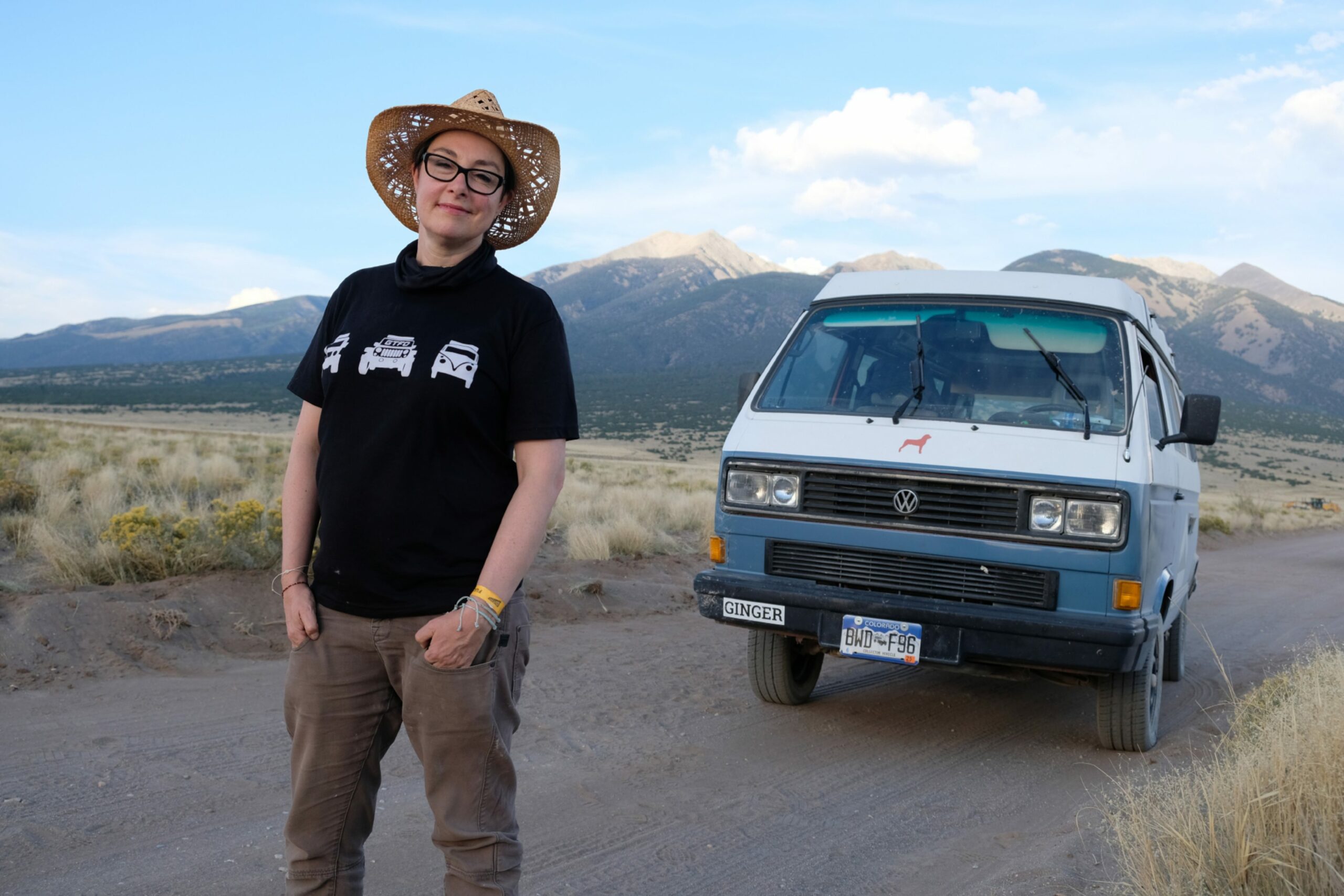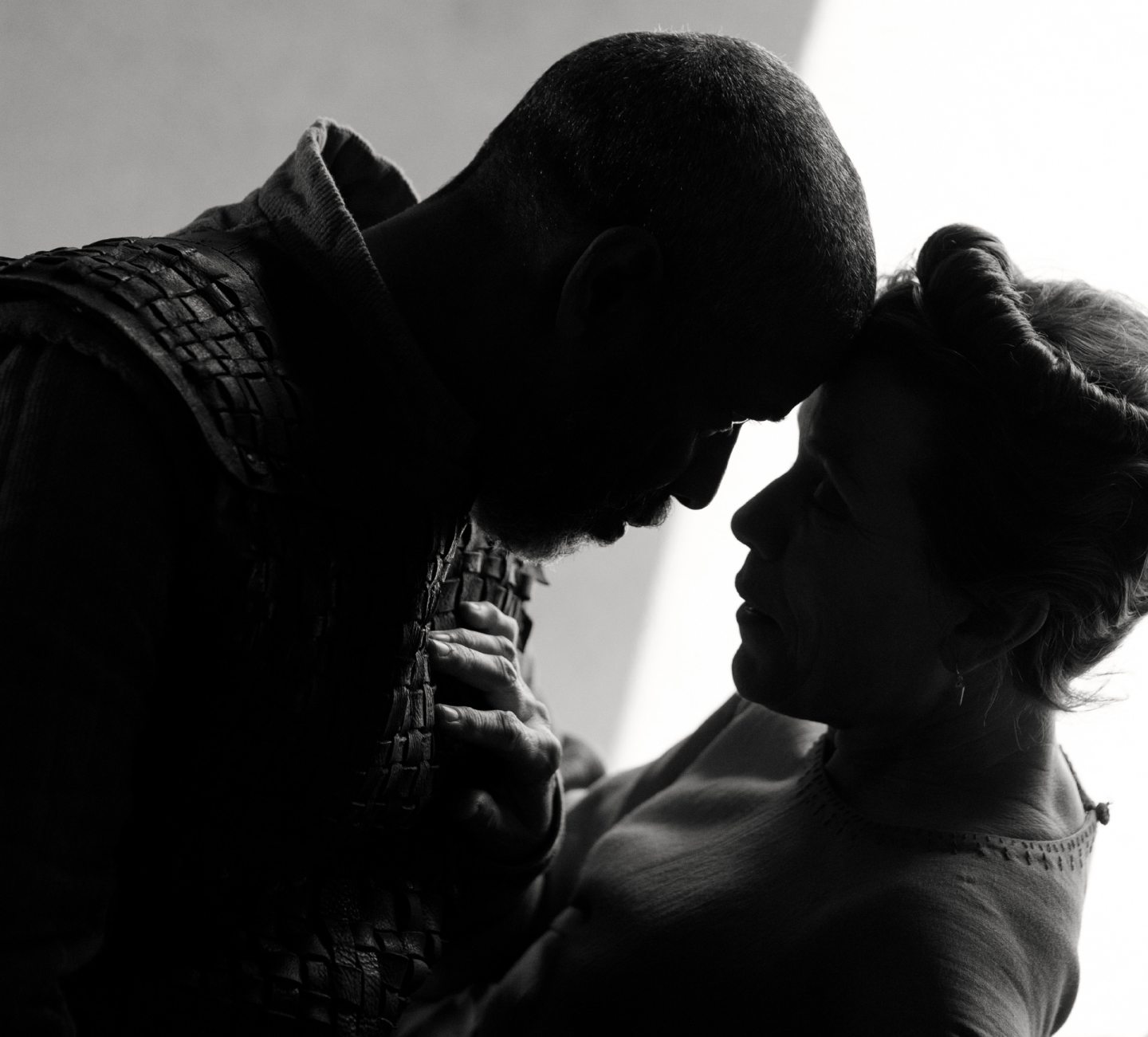In terms of TV concepts, it doesn’t get much simpler than the deeply odd – yet deeply relaxing – Zen School of Motoring (BBC3).
A dashcam is strapped to the front of host Ogmios’ car and he drives and narrates his way around North London and that’s literally all there is to this calmingly lo-fi 15-minute show, which is inspired by a YouTube series.
Ogmios – real name Ivan Battaliero-Owen – tells the viewer at the start he is writing the “Zenway Code”, so there’s no time for road rage or stress during his daily drive.
Obstacles that would make most motorists bristle with frustration – I’m looking at you cyclists and bin lorries – are an opportunity for Ogmios to reflect and practise patience, which in turn rubs off on the viewer.
At one point he halts in the road in order to wait for a pigeon to take flight (“After you, Mr Pigeon”) and ruminates on the etiquette of pedestrians waving their thanks to him (two waves is a bonus, four is an impossibility).
I’d urge you all to give Zen School of Motoring a go. There’s nothing like it on television.”
The only slight criticism I have about the programme is that every so often Ogmios includes moments that the end credits reveal were scripted.
In the first episode, after an oblivious e-scooter rider swerves in front of his car he keeps his cool and engages the young man in, of all things, a roadside rap battle. It jarred from the meditative tone of what preceded it and wasn’t really needed.
I would have happily just watched him driving around Tottenham commenting on the traffic – it didn’t need this break from reality.
But I’d urge you all to give Zen School of Motoring a go. There’s nothing like it on television.
Ogmios’ calming delivery and occasionally profound musings completely relaxed me after a day at work and were in stark contrast to the usual emotions I get while driving.
Plane crash drama with bite
Sky Atlantic’s Yellowjackets – which ended this week – feels like the perfect series for those of us who got bored of Lost long before its silly conclusion.
Like that show, Yellowjackets is about a group of teen plane crash survivors trying to make it out of the wilderness alive – with the added bonus of cannibalism.
But unlike that show, its parallel narrative structure – part of it takes place in 1996 and the other half 25 years later – doesn’t go out of its way to frustrate the viewer at every turn with back-of-a-fag-packet mysteries that may or may not be solved.
Add to that a healthy dose of humour and gore and you have a series that got better and better as it went along.
Not the journey you’re expecting
If you’re looking for some holiday suggestions, Sue Perkins’s Big American Road Trip (Channel 4) is not that kind of programme.
She’s travelling through California and, despite visiting some truly stunning places like the Pacific Coast Highway and Yosemite National Park, she’s not really there for the sights.
This show is more about the nomadic folk who have given up home comforts, and literally, homes, to live out of RVs and stay on campgrounds for two weeks at a time.
Sue is a great host and always manages to put strangers at ease, but this was all a little one-note.
The stories these people told were all very similar, so it felt a little repetitive.
Not exactly ploughing its own furrow
I’m now sensing a new genre of TV documentaries – celebrities do farming.
After the inexplicable (but deserved) success of Jeremy Clarkson’s farming show, the BBC is getting in on the act with Kelvin’s Big Farming Adventure, which sees Emmerdale actor Kelvin Fletcher trying out rural life.
Sadly, it wasn’t half as entertaining as Jeremy’s. Or even Matt Baker’s, who did exactly the same thing on More4.
Film of the week: The Tragedy of Macbeth (Apple TV+)
For his first film made without brother Ethan, Joel Coen has created a stripped-down version of Shakespeare’s Scottish play that looks like a cross between cinema and theatre.
The downfall of Denzel Washington’s Macbeth plays out in gorgeous monochrome and against stark impressionistic sets that are all sharp angles and jet-black shadows.
While Washington portrays the murderous king in an oddly serene manner – as though he has resigned himself to being tormented for his actions – Frances McDormand’s Lady Macbeth is the showier part, slinking and plotting in the shadows as blood soaks the castle floors.
If you’re the type of person who zones out the second Shakespeare’s dialogue begins, give this a chance.
It’s about as accessible as The Bard gets.



